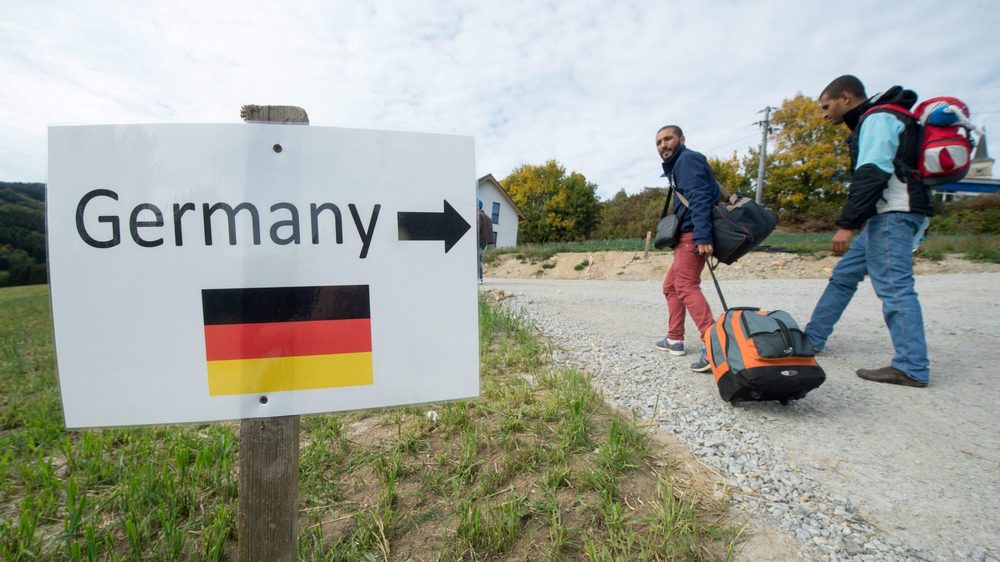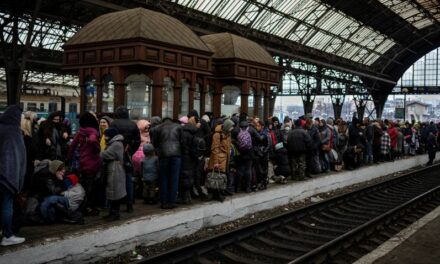Germany has now become a country of emigration and immigration at the same time.
While millions of Germans are leaving the country, millions of migrants are arriving in their place to settle in Germany. The latest statistics show this.
Data from the state Federal Population Research Institute (BiB) show that 5.1 million Germans left their country between 1991 and 2022. Even though 71 percent of them returned to Germany,
there are still 1.45 million people who have left the country permanently.
BiB did not take into account the inflow of repatriates from Eastern Europe, as the Federal Statistical Office does.
The emigration trend has increased tremendously recently. Nearly 40 percent of all permanent emigration in the past 31 years can be traced back to the period 2016-2022.
Coincidence or not, the increased movement began with a large influx of foreigners from mainly Muslim countries, pushed by then-German Chancellor Angela Merkel.
Germany's population has now grown to 84.7 million. In 2014, before Merkel signaled to migrants that everyone was welcome in Germany, the country still had 81.2 million people. According to a previous BiB study, German emigrants are better educated than average and are 37 years old on average.
In another analysis, the institute also drew attention to the fact that the number of births also fell to a record low.
While the number of ethnic Germans has long been considerable in Hungary, the German community that has moved here in the recent period is also becoming more and more widespread, this is also evident from a previous analysis by Bence Bauer, director of the Hungarian-German Institute. The expert said at the time that for many Germans owning real estate is an unaffordable dream.
In Germany, even the upper middle class can afford to buy their own real estate less and less, while in this country, especially in the countryside, it is still possible.
Others are fleeing Germany because of the German government's energy policy, mostly to Central Europe, while a significant majority would also move because of the influx of migrants.
In the meantime, almost all states have called on the German government to stop the influx as their capacity has reached its limit. Nursing homes are already being emptied to accommodate refugees.
Anyone who openly acknowledges these problematic developments in Germany is socially ostracized, labeled as far-right or even fought against. We no longer felt comfortable in this environment - Emily Paersch, who also left Germany because of the above problems, concluded earlier. He added that with mass immigration, crime has also increased enormously, robbery, gang rape, assault and even murder are almost part of everyday life, which destroys the sense of security and thus the quality of life.
Cover photo: Syrian immigrants walk past a makeshift road sign reading Germany in Julbach, southern Germany, near the Austrian border on October 6, 2015.
Source: MTI/EPA/Armin Weigel












